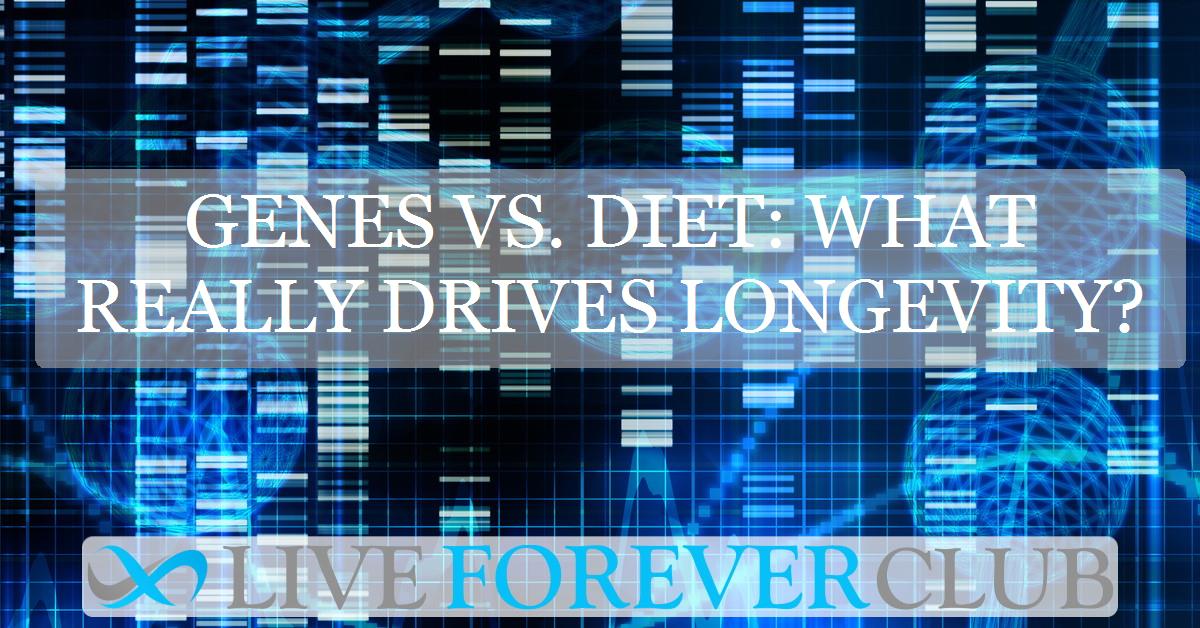Key points from article :
A recent study published in Nature and led by researchers at the University of California, San Francisco, aimed to untangle the influence of genetics versus diet on lifespan. The team tested calorie-restriction diets on a genetically diverse population of 960 mice, observing how much longer they lived compared to those fed without dietary limits. The findings reinforced a popular adage in aging research: while a healthy lifestyle can boost longevity, genetics might be even more significant in determining maximum lifespan.
Historically, studies have shown that reducing calorie intake can extend lifespan, as seen with rodents in the 1930s that lived longer when fed less. Similarly, exercise has been linked to longer lives in humans. However, pinpointing the role of specific genes in longevity has been a recent achievement. Notably, researcher Cynthia Kenyon previously demonstrated that minor changes to a nutrient-detecting gene in C. elegans (a tiny worm) doubled its lifespan, highlighting that both genetics and lifestyle affect aging but leaving questions about their relative importance.
In the new study, mice under calorie-restricted diets (either 20% or 40% fewer calories than usual) and intermittent fasting showed lifespan gains. However, genetically predisposed long-lived mice still outlived their peers, even with similar dietary restrictions. The study suggests that, while dietary interventions like calorie restriction can modestly extend life, genetics play a bigger role. For example, the 40% calorie reduction group lived longer, but extreme caloric restriction came with trade-offs such as weakened immune function and muscle loss.
The researchers emphasize caution in applying these findings directly to humans. Unlike in the lab, human eating habits are more varied, and extreme caloric restriction might not be practical or safe. Additionally, while exercise levels weren't controlled, mice under severe restriction ran more, likely searching for food, suggesting that both diet and exercise contribute to health benefits. Ultimately, while we can't choose our genes, the study reaffirms that lifestyle adjustments can enhance longevity, regardless of genetic predisposition.



/calorie-restriction-cr-thumbnail.jpg)



